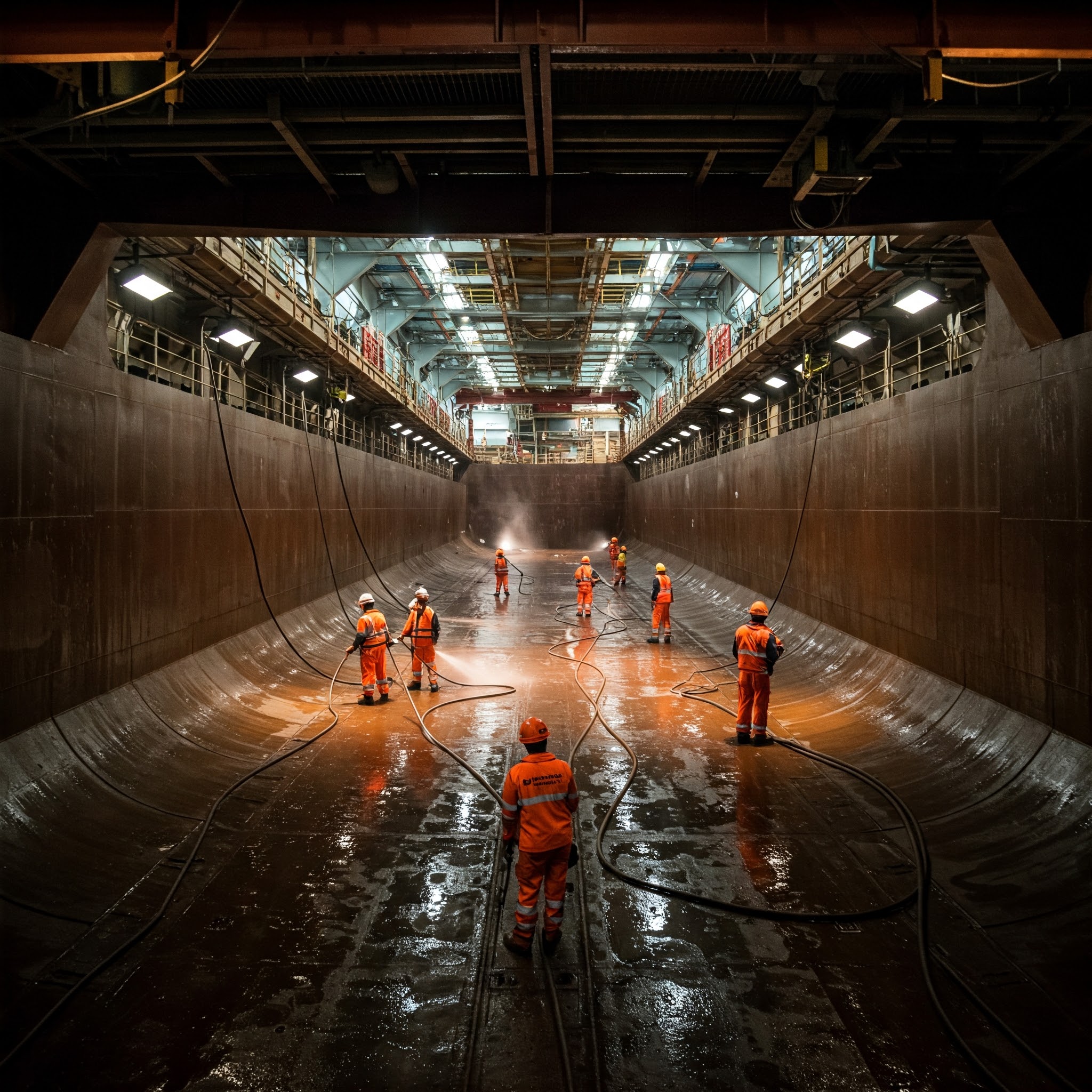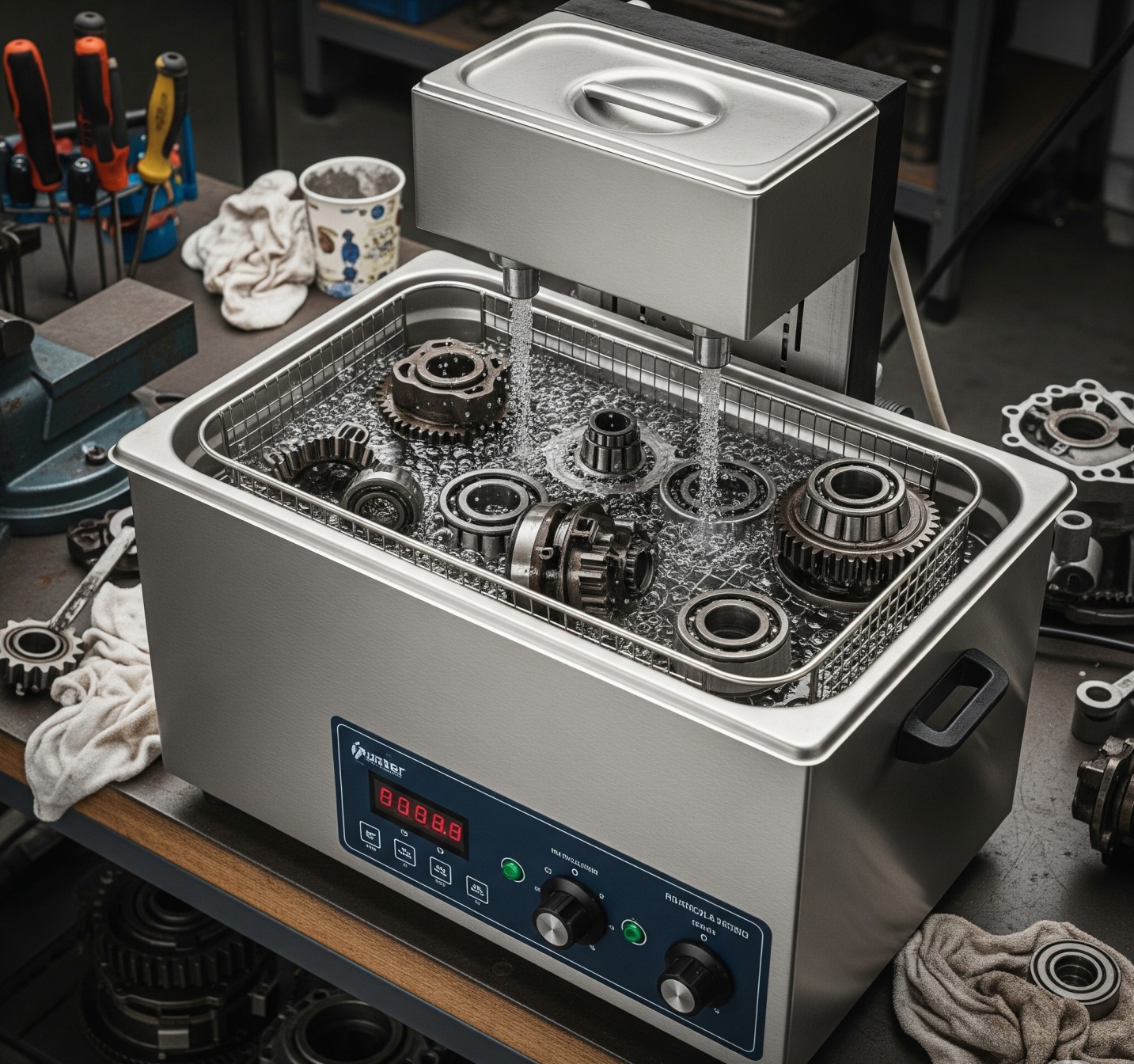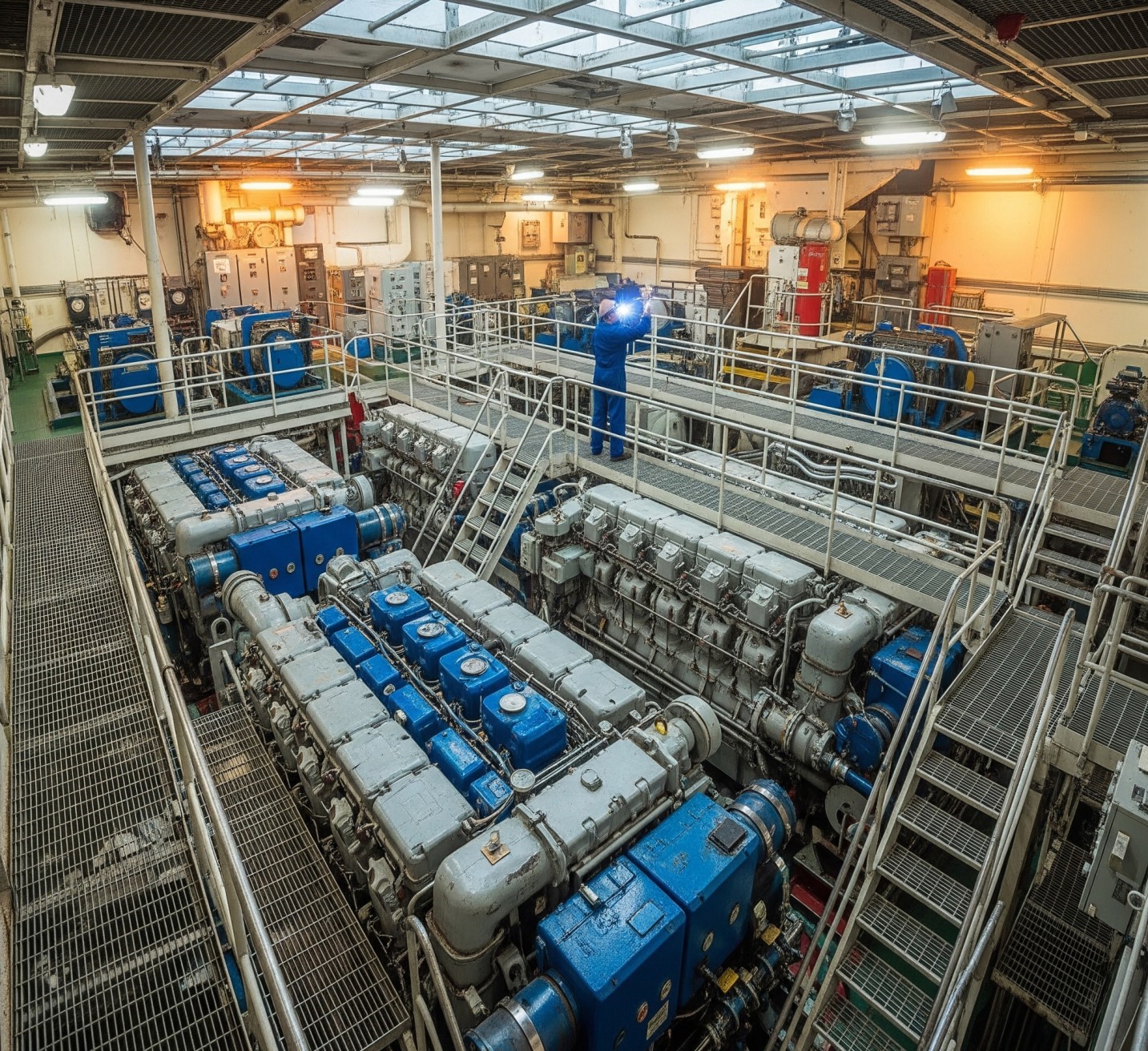
Glass Float Hydrometer, D4040 Hydrometer, Draft Survey Hydrometer
Place the hydrometer into water, and let it flow freely in the water...
CORRECTIONS TO HYDROMETER READING
1. For ydrometer the appropriate corrections should be applied.
2. For most Draft Survey purposes, no further corrections to the readings are needed.
Reading is most correct when the glass hydrometer is used at a temperature of 15°C. If immersed in water at temperatures higher or lower than 15°C, the instrument will expand or contract so that, for precise laboratory work, a small correction would be applicable However, for Draft Survey work, it should be noted that the ship itself will normally expand or contract according to the temperature of the water in which it is rating. The corrections required to compensate for these changes in volume are of opposite signs and tend to compensate for each other. As it is not practicable to calculate any temperature corrections for the ship, for most Draft Survey purposes no correction should be applied for the expansion or contraction of the hydrometer glass
Hydrometer Density supplier in India UAE Middle East Gulf Muscat Oman Nairobi Kenya.
Seawater Hydrometer specialized for measuring the percentage of salt in seawater and Specific Gravity of the water and mix water.
Hydrometer provide High Accuracy to get Density, Specific Gravity of liquid.
Density Meters Measures liquid concentration.
INSTRUCTIONS FOR USE
1. A clean, representative sample of the supporting water should be obtained by means of a sampling can or other suitably designed sampling apparatus. A sample of at least 1 liter will help to ensure that the temperature and density do not change unduly between the collection of the sample and taking of the readings. The depth of water in the container must be sufficient to allow at least 25mm clearance between the bottom of the hydrometer and the bottom of the hydrometer and the bottom of the container. The internal diameter of the container or jar should be at least 50 mm.
2. The number of samples to be taken, also at which depths and at which positions outside the vessel they should be taken, may be important according to the circumstances.
3. Readings may be taken by lowering the hydrometer into a suitably shaped sampling apparatus or by transferring the water to a suitable glass test jar. If a metal or other non-transparent container is used for taking readings, ensure that it is full to the brim. If a glass test jar is used, it should preferably be rinsed first, so as to avoid undue temperature changes. The container or test jar should be shielded from draughts, which may affect the readings.
4. The reading must be taken in the sampling apparatus or glass test jar as rapidly as possible Undue delay in taking the reading could result in temperature changes leading to inaccurate results. In case of doubt, a repeat sample should be taken in order to verify the first observation
5. Ensure that the stem of the hydrometer and the surface of the water sample is free from grease and oil since the accuracy of the readings could be adversely affected
6. Hold the hydrometer vertically by the top of the stem and gently lower it into the water sample until it floats freely
7. Take the hydrometer reading where the level liquid surface meets the graduated scale (see illustration overleaf).




